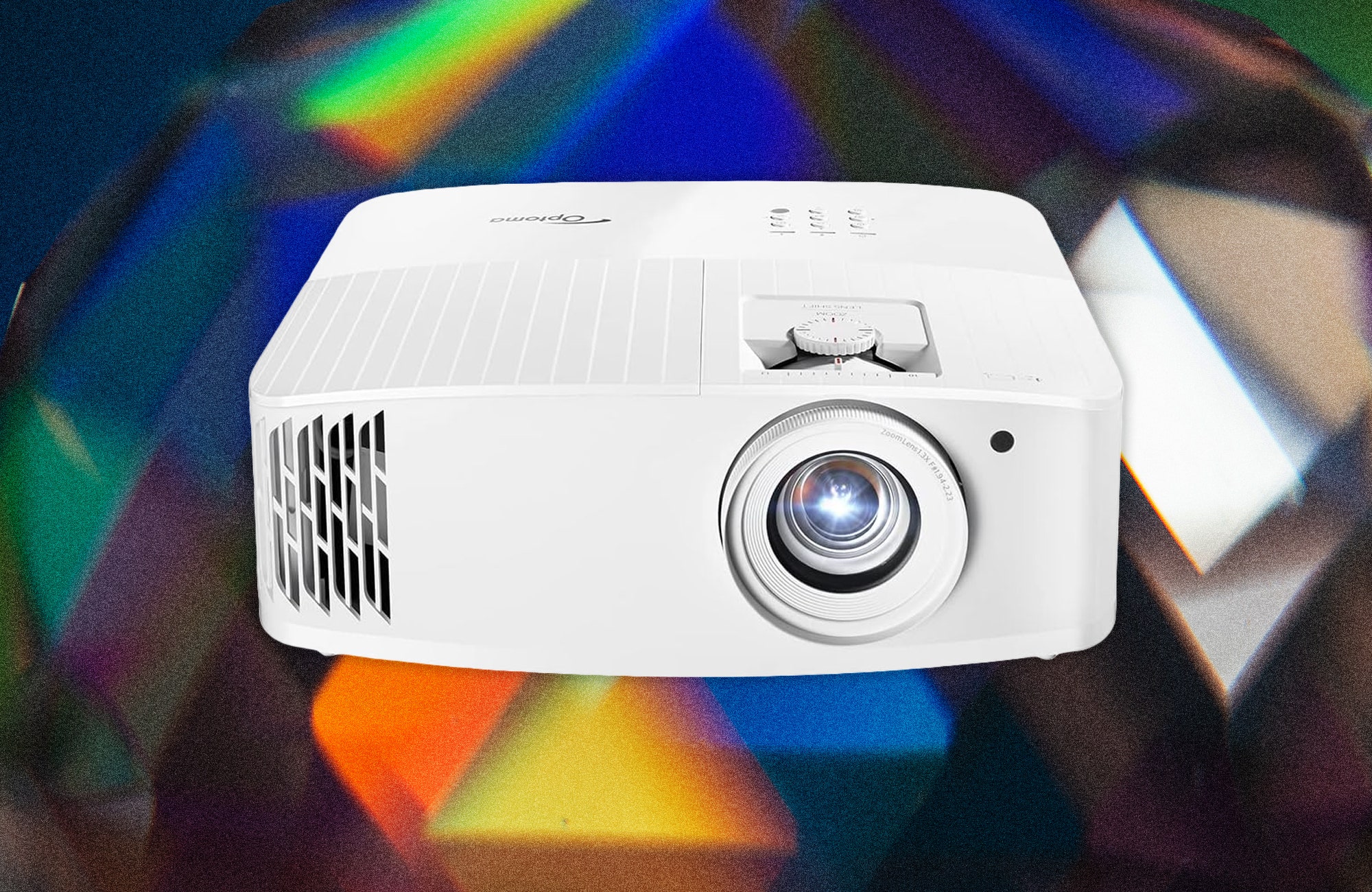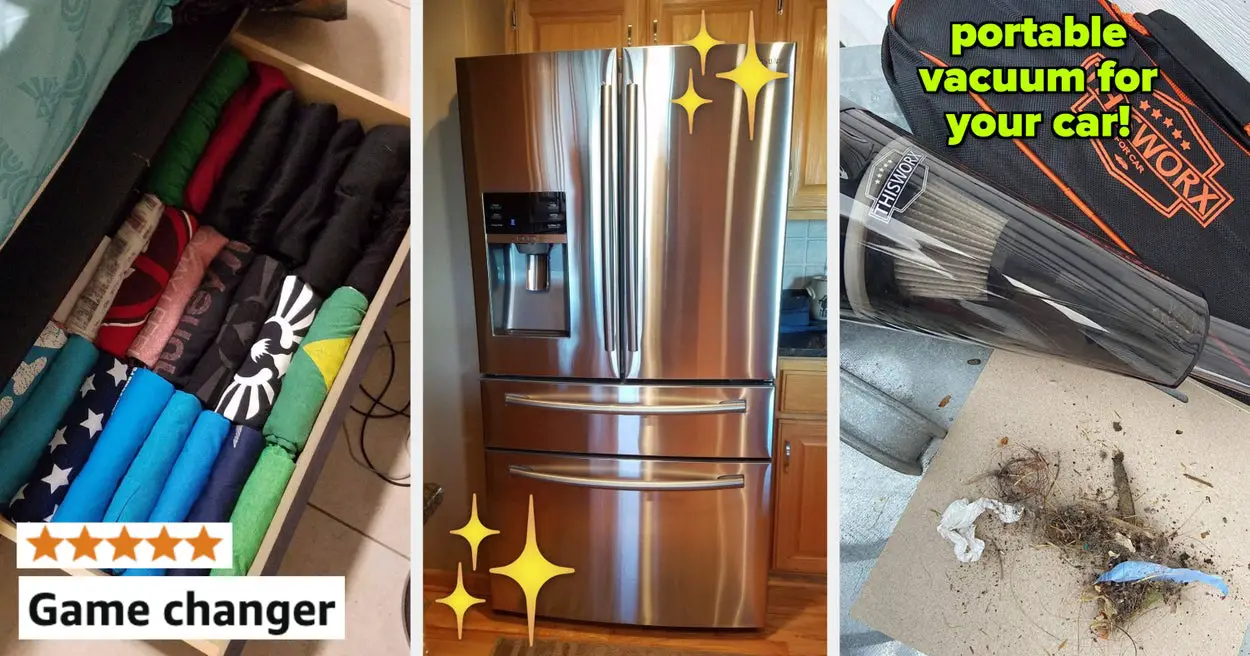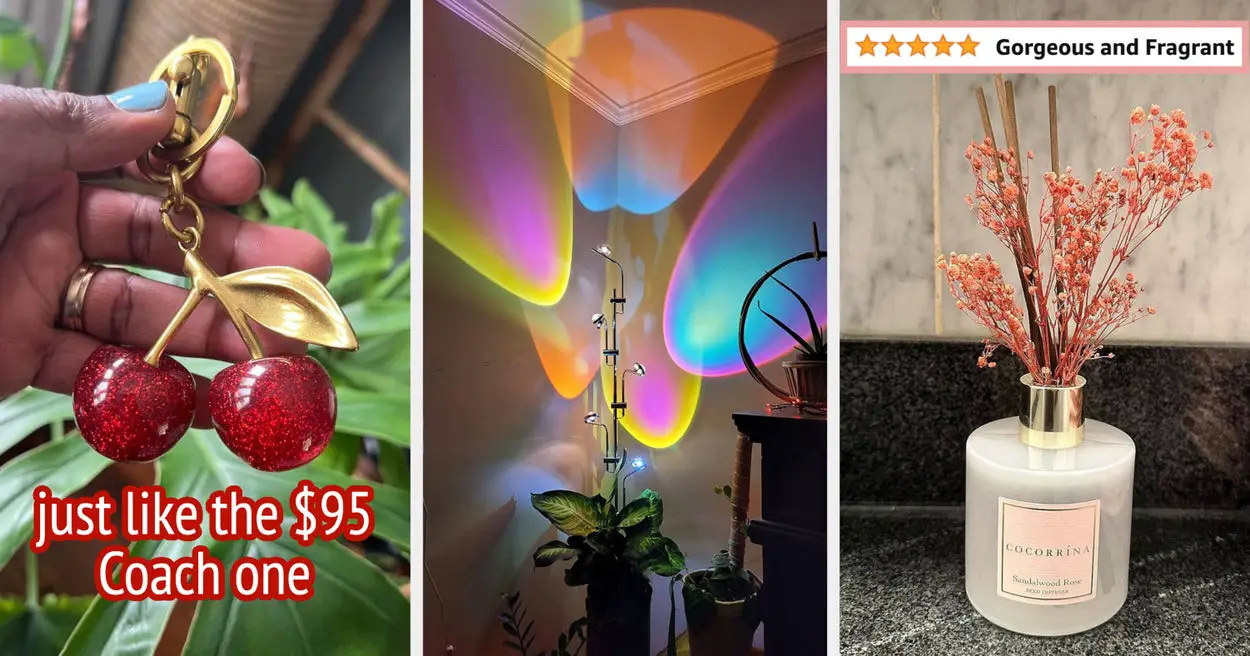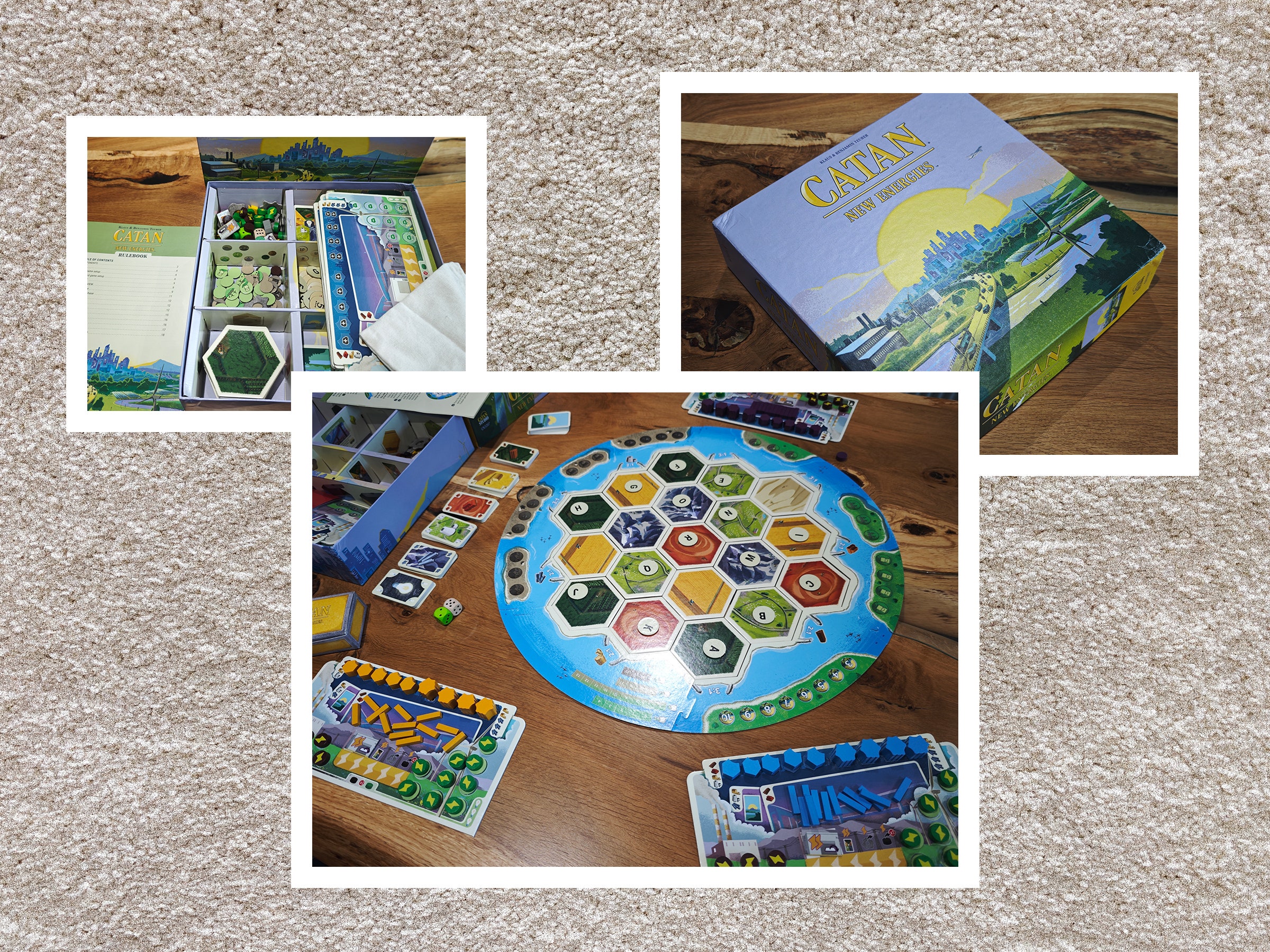If you buy something using links in our stories, we may earn a commission. This helps support our journalism. Learn more. Please also consider subscribing to WIRED
Best Projector for Most People
Optoma UHD55
Also Great
BenQ TK860i
Easiest Setup
Hisense PX2-Pro
A Serious Portable Projector
BenQ GV31
There’s nothing like watching your favorite films in a dark room on a massive screen. For that authentic movie theater experience at home, you’ll need a projector (and a popcorn maker).
You used to have to shell out more than $10,000 to get an excellent projected experience, but you can now get a massive, beautiful picture for less than the cost of a flagship TV. Projectors are also much more portable and easier to set up than ever. And if you have space, there are excellent pocket-sized and short-throw models that make lawn-side movie nights as easy as finding an extension cord and a level chair to set them on. Below are our favorite models and a couple of screens to pair with them.
Working on a total home-theater overhaul and need some help? We’ve got an entire guide to How to Set Up a Projector. Also, be sure to check out our buying guides to the Best Soundbars and Best 4K Streaming Devices.
Updated August 2024: We added the BenQ GV31 and TK700STI, Hisense PX2-Pro, and Optoma UHZ66.
Special offer for Gear readers: Get a 1-year subscription to WIRED for $5 ($25 off). This includes unlimited access to WIRED.com and our print magazine (if you’d like). Subscriptions help fund the work we do every day.
If you buy something using links in our stories, we may earn a commission. This helps support our journalism. Learn more. Please also consider subscribing to WIRED
-
Photograph: Optoma
Best Projector for Most People
Optoma UHD55
The previous Optoma model, the UHD50X (9/10, WIRED Recommends), offered one of the best pictures you’ll find at a reasonable price, and the newer UHD55 keeps with that tradition. At 3,600 lumens, this projector is now bright enough for even lit rooms, and the image quality and ease of setup are directly comparable to the BenQ model that follows it on this list.
Plug in a gaming computer with a good enough video card and it will offer a 240-Hz refresh rate and low enough response time that you can play most online games. The high refresh rate also makes the UHD55 great for sports, which often look weird on projectors. I also like that this model supports Alexa, so you can literally ask your phone to turn the projector on.
If you want an upgrade, check out the UHZ50 ($2,800), which uses laser projection, which makes it faster to turn on and off, and quieter for smaller rooms.
-
Photograph: BenQ
Also Great
BenQ TK860i
The latest bright-room projector from BenQ is another solid option for most people. With 3,300 lumens, the TK860i is more than bright enough for lit rooms, and it makes the thing positively gleam in the dark. This projector also comes with Android TV, which makes it easy to stream your favorite shows and movies instantly, no other streaming device is required.
It’s light and easy to position. The projector can be placed between 9.9 and 12.8 feet from the wall, with up to 120-inch screen size. The Optoma above gets a bit brighter, but this has a bit better color and is still an excellent projector for most people. My advice? Go with whichever is cheaper at the moment.
If you need shorter throw distance, consider the TK700STI ($1,599), which has similar specs but offers a 100-inch screen at just 5 feet of distance, which makes it perfect for smaller spaces.
-
Photograph: Hisense
Easiest Setup
Hisense PX2-Pro
Most traditional projectors require a significant distance between the device and the screen you want your image on, but not this laser projector. This second-generation all-in-one device (the first-generation version got an 8/10, WIRED Recommends) sits right on a traditional TV stand and projects an image upward onto an up-to-130-inch screen. It comes with a Dolby Atmos soundbar built in, which means you don’t even need to splurge for better sound until you really want to. Best of all, the setup couldn’t be easier, with a built-in Android TV interface and laser projection system that will be projecting your favorite shows and movies in no time.
At a peak of 2,400 lumens, this projector is bright enough that you can watch the game in a room with windows (though we always recommend you turn out the lights and close the blinds when possible). I like how Hisense has iterated on this design a few times, really perfecting the performance of this elegant home theater in a box.
The Hisense 100L9G-Cine100a ($2,008) is a similar all-in-one option that I have yet to test but that other outlets seem to like. It gets about 500 lumens brighter but can only deliver up to a 100-inch screen size, which isn’t as cinematic as the PX2-Pro. It’s worth noting that a newer PX3-Pro has recently become available, and we look forward to testing that soon. The model claims an up-to-150-inch screen size, which should fill the walls even in larger rooms.
-
Photograph: Parker Hall
A Serious Portable Projector
BenQ GV31
The BenQ GV31 is a cute little round 1080p projector that comes with large speakers on each side and a clever holder on the bottom that easily allows you to adjust the angle. The sound is bold and brash enough for outdoor movie nights, karaoke, or a presentation, and built-in autofocus and keystone correction (plus Android TV) make it super easy to stream anything anywhere. It also has a battery life of up to 180 minutes if you’re streaming outside, which makes this great for parties, but we always recommend plugging in for best performance.
I thought this little cheese wheel might be a bit underwhelming in testing, so it sat at the bottom of the testing pile for a while, but once I broke it out I was very impressed with its performance. At 300 lumens, it gets bright enough even for early evening viewing outside (or for rooms with a few windows indoors), and I especially like how easily accessible they make the ports on the side of the projector, which made plugging in my beloved Roku streaming stick a breeze.
-
Photograph: Optoma
Best Projector for Gaming
Optoma UHZ66
With just four milliseconds of input lag at 1080p, this 240-Hz gaming projector is more than capable of keeping up with all but the most competitive online gamers. In addition, the laser projector offers up to 4,000 peak lumens, which means you can watch it in rooms that aren’t completely dark. It can project a 4K image up to 120 inches at about 12 feet away, which makes it a good choice for medium-large rooms where you want to get your game on. I also recommend it as a golf simulator projector, since it can be mounted so far from your swing. You’ll get about 10,000 more hours out of the laser than you will out of a normal bulb, for up to 30,000 hours of viewing time before you’ll need to upgrade.
-
Photograph: LG
Best for Phones
LG CineBeam PH30N
The CineBeam PH30N is a blast. It has two hours of battery life, so you can watch a short movie anywhere (plug it in for longer sessions), and you can even stream things straight from your cell phone—no cables required. With 720p resolution and up to a 100-inch image size all from a projector that fits easily in a purse, you’ll be watching Netflix in the woods in no time. Just wait until it’s dark, because portable projectors aren’t nearly as bright as their beefier, cabled counterparts.
-
Photograph: Epson
High-End Pick
Epson LS12000
Epson’s flagship 4K projectors have always been some of the best that money can buy. It feels like every generation builds in more value. It’s hard to perceive value when it comes to a $5,000 projector, but this thing looks like a $20,000 (or more!) projector would have 10 years ago.
This three-chip laser projector is capable of 2,700 peak lumens for a bright picture in even moderately lit rooms, and it’s so precise with color that it can do full 10-bit high dynamic range. It’s also decent for gaming and watching sports, thanks to a 120-Hz refresh rate. If you have a theater room and need a new projector, this is a solid option.
-
Photograph: Silver Ticket
Best Indoor Screen
Silver Ticket STR-169100
If you’re gonna splurge on a projector, you should snag a screen to go with it. You’ll get better colors, sharper highlights, and have a more cinematic experience overall. My favorite is this Silver Ticket model, which looks as good as screens that cost much more. It’s also super easy to mount.
-
Photograph: Elite Screens
Best Outdoor Screen
Elite Screens Yard Master 2
Outdoor movie nights shouldn’t rely on an old white sheet or the scruffed-up wall of your garage. Instead, grab the Yardmaster 2 from Elite Screens, which assembles in minutes and comes with a carrying case for storage between events. Don’t want two screens in your life? Do what I did and just move it inside during the cooler months.
-
Photograph: Marko Geber/Getty Images
Tips and Tricks
What to Know Before Buying a Projector
Projectors offer larger screen sizes and a more cinematic viewing experience than their TV counterparts, but that doesn’t mean they’re easier to set up. That’s why we have an entire guide to How to Buy a Projector to check out!
Unless you’re going for a portable option, you’ll want to make sure you have a projector mount ($20) and audio cables properly routed to the location of your projector. This is because setting up full-size projectors to fit your screen, be in focus, etc., can be a pain, so once you get everything dialed in, you’ll want to leave it as-is.
Make sure you get enough lumens (how bright your projector will get at its peak, the higher the number the better). Over 2,000 lumens is a good starting space for any kind of lit viewing, but we recommend 3000 or above if you’re viewing in a bright room.
Another thing to bear in mind before you get a projector is just how much space you’ll need to properly set it up. In most cases, you’ll need 10 to 15 feet between the screen and the projector (be sure to check the “throw distance” listed by the manufacturer in the manual) to achieve screen sizes over 100 inches.
Without a completely dark room, the image can look washed out and be hard to see. If you don’t have a room without windows, consider getting blackout curtains. For more detailed information on how to set up a projector after it arrives, I highly recommend this video.










